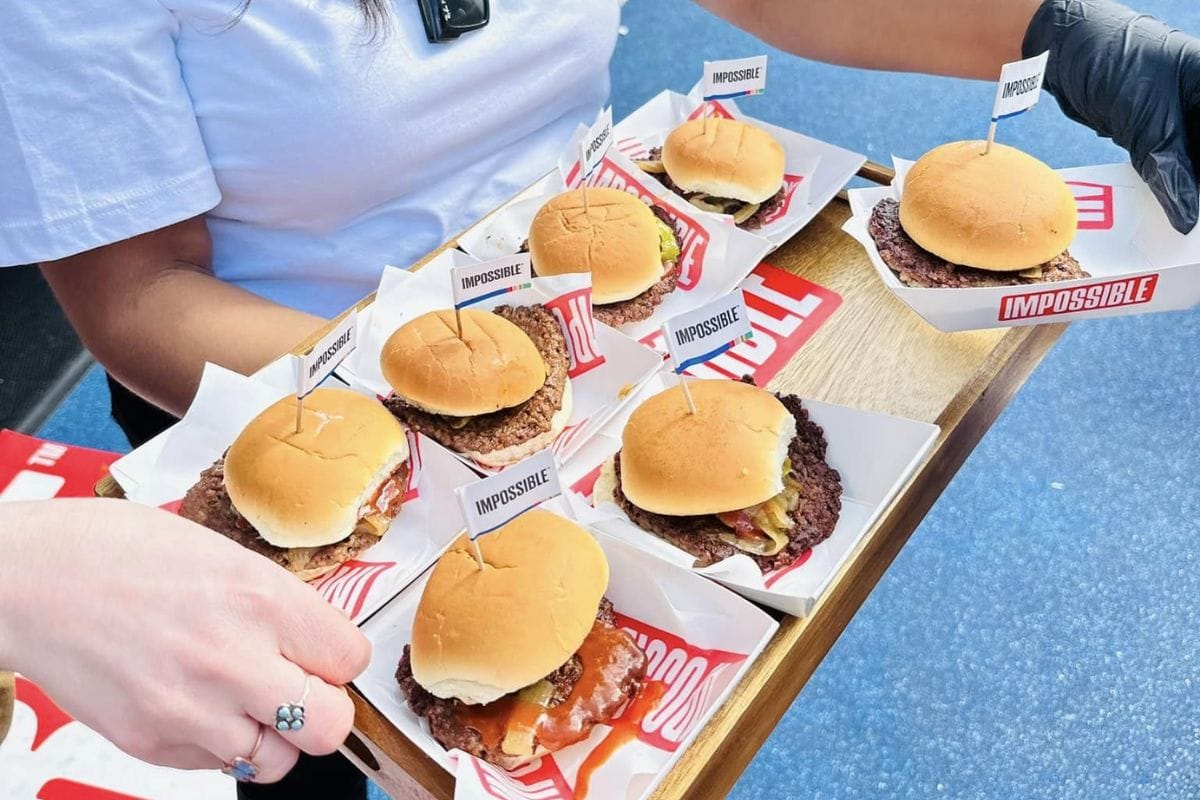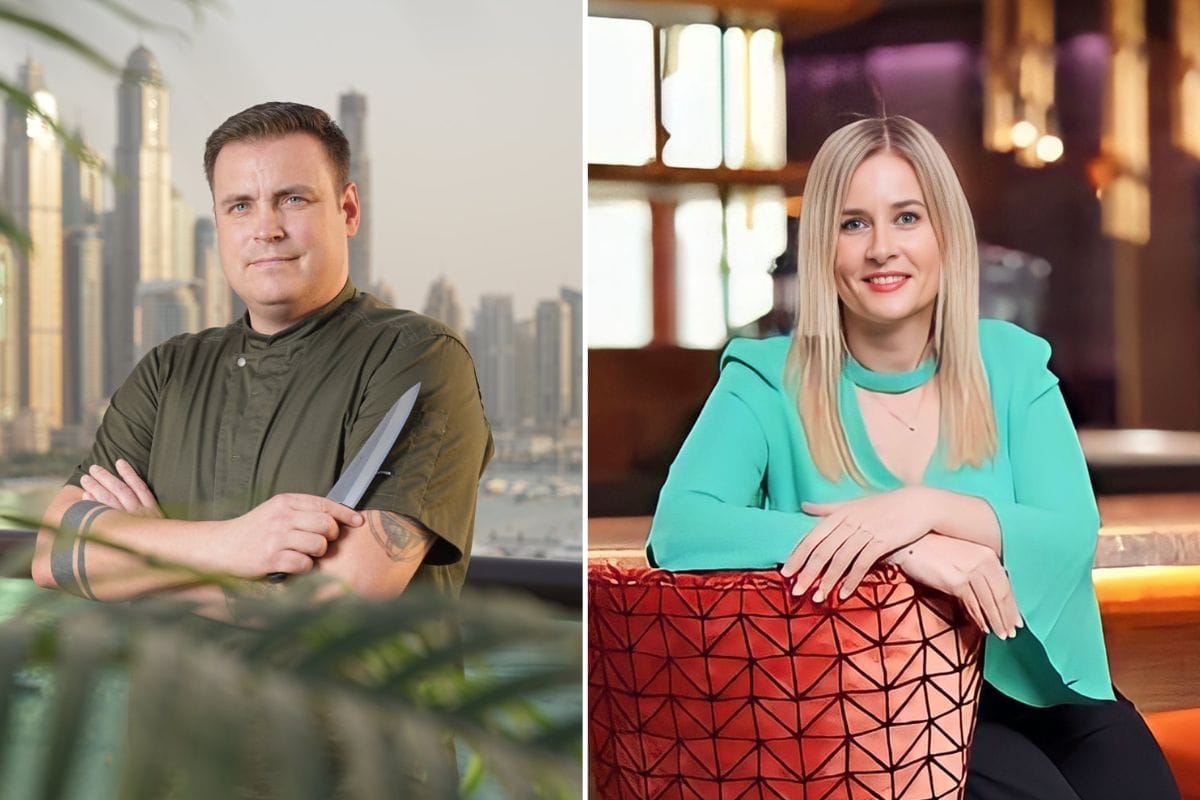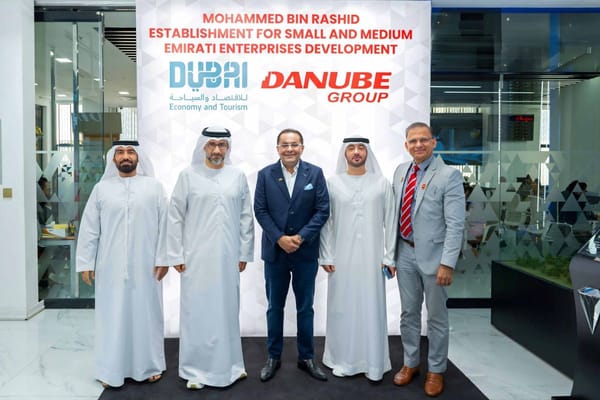In an era where sustainability and health are becoming paramount concerns, Impossible Foods is at the forefront of the plant-based meat revolution. Under the leadership of Noel Clarke, Senior Vice President International, the company is not only redefining what plant-based meat can be but also spearheading efforts to integrate these innovations into diverse markets worldwide.
Clarke shares the strategies and vision that have positioned Impossible Foods as a leader in the industry, emphasizing the importance of taste, sustainability, and consumer education in driving the adoption of plant-based diets.

With Impossible Foods leading in innovative plant-based meats, what are the next big innovations in the pipeline that you believe will further revolutionize the industry?
At a high level, taste has to remain a top priority. It might seem simple but in a category like ours that’s directly compared to animal meat, which has been beloved for generations, we have to ensure we’re delivering on the familiar meat flavour.
“Close enough” is not good enough for the consumer, nor should it be good enough for brands.
We’re also seeing more consumer curiosity around what’s in their food, specifically when it comes to plant-based meat. The connection between animals and meat is much more tangible than the one between our plant ingredients and the end product. As a category, we have to do a better job at distilling what goes into plant-based meat and the associated nutritional benefits, like high-quality protein, fibre, and zero milligrams of cholesterol.
If we can deliver a product that tastes as good or better than the animal, is nutritionally competitive, and is better for the planet, it will be hard for consumers to say no.
As the Senior Vice President, what strategies are you employing to tackle the diverse regulatory and cultural challenges in different international markets?
The plant-based category represents a challenge to a long-established food system that predominantly favors animal meat. This is inclusive of consumer resistance stemming from generations of meat-loving cultural traditions, as well as public policy initiatives that are skewed toward the legacy animal agricultural industry.
Products like ours are novel for both consumers and regulators, so we’re having to do a lot of education.
With consumers, a lot of our work is grounded in explaining how Impossible products can be used as a one-to-one replacement for animal meat. We have to meet our consumers where they are, so that means demonstrating how our products can seamlessly fit into existing recipes or regional cuisine applications regardless of where we’re served around the world. For example in the Middle East, our Impossible Beef product is perfect for kofta.
With regulators, on a very simple level, we start by building relationships and learning the regulatory landscape. Every country is different and just as we strive to meet our consumers where they are, we have to work within the framework the decision makers operate within. Once we establish this baseline understanding, that’s when we can do some education of our own by distilling how our products are made, the ingredients we use, and how consumers interact with our products. Ultimately, patience and thoughtfulness are our friends here.
We recognize that regulators are only trying to serve the best interests of their people and we like to work closely with them to show how Impossible products are healthy, nutrient-dense and help them to meet their own goals.
How does Impossible Foods quantify the environmental benefits of switching from animal-based to plant-based meats? Can you share insights on the metrics used to measure your impact?
Sustainability is core to who we are as a company – everything we do ladders up to our mission to make a positive impact on people and the planet. We conduct life cycle assessments (LCAs) for each of our core meat products to quantify their environmental footprints and hold ourselves accountable for offering consumers an alternative to animal meat that’s better for the planet. The LCA methodology we use evaluates the potential environmental impacts of each of our products from farm to manufacturing in comparison to that of the animal meat equivalent.
For example: Impossible Beef is responsible for 96% less land, 92% less water, and 91% less greenhouse gas emissions compared to conventional animal beef produced in the US, and Impossible Chicken Nuggets account for 49% less land use, 44% less water consumption and 36% less greenhouse gas emissions versus animal chicken produced in the US.
Based on your extensive experience in marketing within the food and beverage industry, what key consumer behaviour trends have you identified that are driving the adoption of plant-based diets internationally?
Generally, we’ve seen increased interest in plant-based foods across the board – whether that’s for health reasons, for the environment, or animal welfare. This of course varies from market to market due to a variety of factors like local cuisines and cultural traditions, lifestyles, product accessibility, and consumer preferences. In Europe, for instance, the plant-based meat sector had a years-long head start on many other international markets and is a much more mature industry, especially in the UK and Germany where climate consciousness is quite high and roughly 40% of the population ate plant-based products in the last twelve months.
Regardless of the reason why consumers are opting for more plant-based foods, the key to success for any food product or food service outlet is great taste – that’s what’s great about our products.
They offer the same delicious flavour as animal meat but without the high saturated fat or cholesterol, and they’re better for animals and the planet. It’s hard to argue with that, whether you’re vegan or a meat eater.
How do you address skepticism towards plant-based meat?
It’s normal to see some skepticism with new innovations. We’ve seen this time and again; whether it was a belief that the internet would never “catch on” or even closer to home with plant-based dairy, which now accounts for >16% of the dairy market in Europe. It takes time for people to adapt their eating habits, and we’re going through a similar journey as a plant-based meat category. We’re just getting started and have a long runway of growth ahead of us.

We know that tasting is believing when it comes to these products – 4 out of 5 US consumers like the Impossible Burger once they try it for the first time.
As a category, we all need to continue raising the bar when it comes to delivering great-tasting, nutrient-dense products so that we can collectively ensure a positive first impression for consumers. Our success is our peers’ success, and vice versa.
How does Impossible Foods collaborate with chefs, restaurants, and food industry partners to introduce its plant-based alternatives to a wider audience? What impact have these collaborations had on consumer's perceptions?
It’s important to us to meet our consumers where they are. Being on the menu at restaurants is a huge part of this. Partnering with restaurant chains that have an established brand, customer base and network of locations allows us to quickly bring our products to more people in a way that’s delicious and accessible.
Making our products available on the menus of popular restaurants makes it a lot easier for consumers to give us a try for the first time, and typically offers the strongest first impression.
What role do you believe plant-based meat, like the products made by Impossible, will play in the global food system in the next decade?
Our mission at Impossible is to champion a global food system that’s more reliant on plants than it is on animals. In order to get there, we have to win over meat-eating consumers. We, and the rest of the industry, have to continue to prioritize making products that are as good or better than the animal. We’re asking meat eaters to give up the foods they know and love in order to try something new, so we have to make this transition as easy as possible for consumers.
We’re confident that once people experience for themselves how delicious and nutrient-dense plant-based meat can be while also being better for the planet, they’ll see no reason to go back to animal meat.
That’s where the opportunity lies: with every meat eater converted into a plant-based believer, our positive impact on the planet grows. We believe plant-based meat will continue to grow, seeing as the category doubled every 5-6 years over the last 2 decades. Sometimes that accelerates and sometimes it slows, but we anticipate continuing in that direction. The sooner we get there, the better it will be for everyone.
Looking ahead, what is your vision for the future of the plant-based food industry, and how does Impossible Foods plan to maintain its leadership in this increasingly competitive market?
For a long time, there was a misconception that these products were designed for “someone else,” or that you have to compromise on taste. Maybe that was true years ago, but now, this category is crafting more and better products that are intentionally designed to replicate the crave-worthy experience of eating animal meat while being better for the planet, as well as comparing favorably in terms of nutrition.
In the future, my vision for the plant-based food industry is that it’s just called the food industry in a similar way to how electric vehicles will just be called cars or buses – mainstream, highly adopted and people just implicitly use them in their day-to-day lives.
We have to keep up this momentum, and Impossible is leading the industry in this regard. Our products are consistently preferred by consumers over other options on the market. That superior taste is at the heart of our brand and we will only improve it. We hope that by encouraging the entire industry to raise the bar on taste and compete on a higher level when it comes to product experience, we’ll be collectively guaranteeing that consumers have increased access to more, better products. This coupled with increased availability will open up the door for many more consumers to come into the space and as the industry continues to evolve, we can only expect to see more growth.
Also Read:















